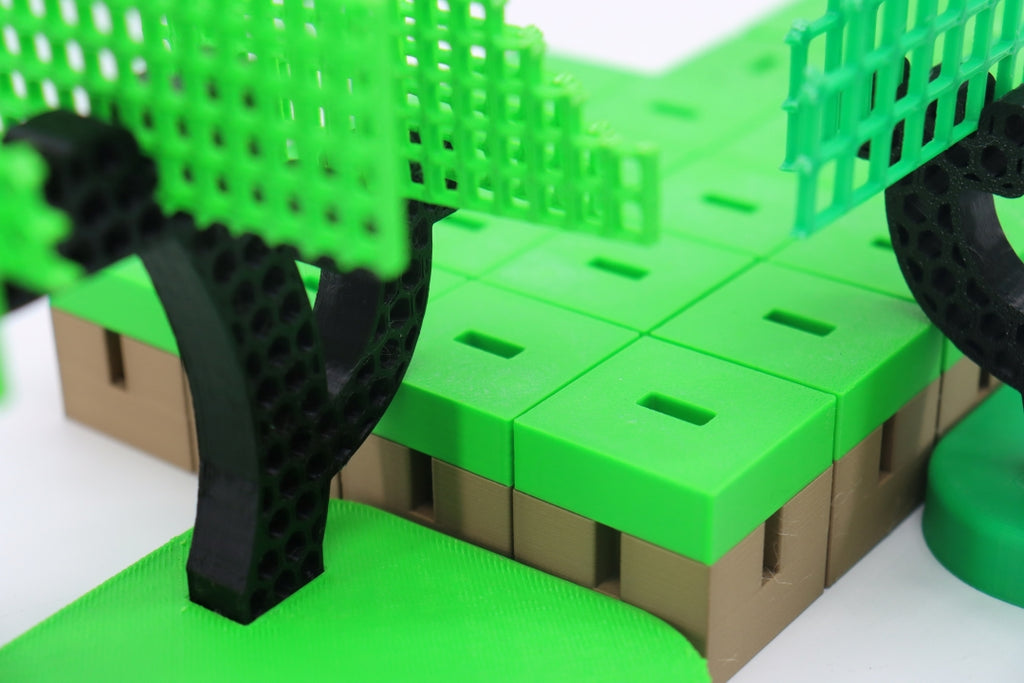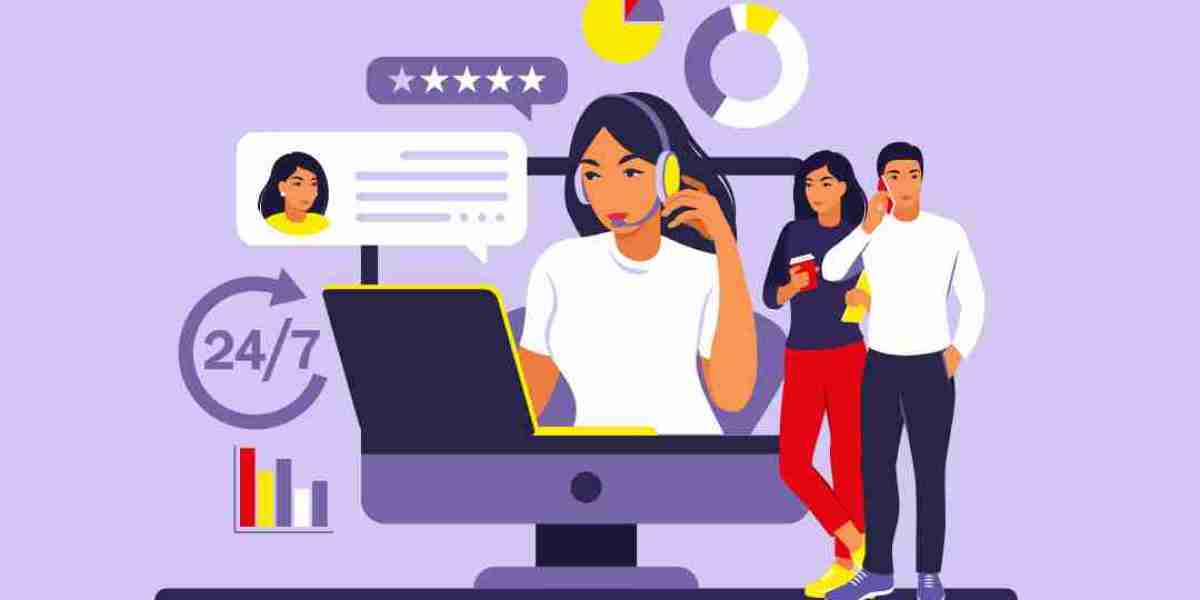Fused Deposition Modeling (FDM) 3D printing is one of the most accessible and popular methods for creating three-dimensional objects. If you're wondering how to get started with FDM 3D printing, this guide will provide you with a comprehensive overview of the necessary steps, equipment, and materials.

Essential Equipment for FDM 3D Printing
To embark on your FDM 3D printing journey, you will need a few key pieces of equipment:
- 3D Printer: Choose a reliable FDM printer that suits your budget and needs. Popular options include the Creality Ender 3 and the Prusa i3 MK3S+.
- Filament: FDM printers use thermoplastic filaments such as PLA, ABS, or PETG. Each material has unique properties, so select one that fits your project requirements.
- Software: Slicing software is essential for converting 3D models into instructions your printer can understand. Programs like Cura or PrusaSlicer are widely used.
Understanding Filament Types
When learning how to get started with FDM 3D printing, understanding filament types is crucial. Each type of filament has its own characteristics:
- PLA: Easy to print and biodegradable, making it a great choice for beginners.
- ABS: More durable and heat-resistant but requires a heated bed and proper ventilation.
- PETG: Combines the best of both worlds, offering strength and ease of use.
Setting Up Your 3D Printer
Once you have your equipment, the next step is setting up your 3D printer. This process typically involves:
- Assembling the printer according to the manufacturer's instructions.
- Calibrating the printer to ensure accurate prints.
- Loading the filament and preparing the print bed.
"3D printing is not just about technology; it's about creativity and innovation." - 3D Printing Expert
Tips for Successful 3D Printing
To maximize your success with FDM 3D printing, consider the following tips:
- Start with simple designs to build your confidence.
- Regularly maintain your printer to avoid mechanical issues.
- Experiment with different settings in your slicing software to find the optimal configuration for your prints.
Conclusion: Your Journey into FDM 3D Printing
In conclusion, learning how to get started with FDM 3D printing can be an exciting and rewarding experience. By understanding the essential equipment, filament types, and setup processes, you will be well on your way to creating your own 3D printed objects. Remember, practice makes perfect, so don't hesitate to experiment and learn from your mistakes.
For a visual guide, check out this informative video on FDM 3D printing: Watch Here.
References









